Thoughts pass like clouds across a clear open sky ... even on mars ...
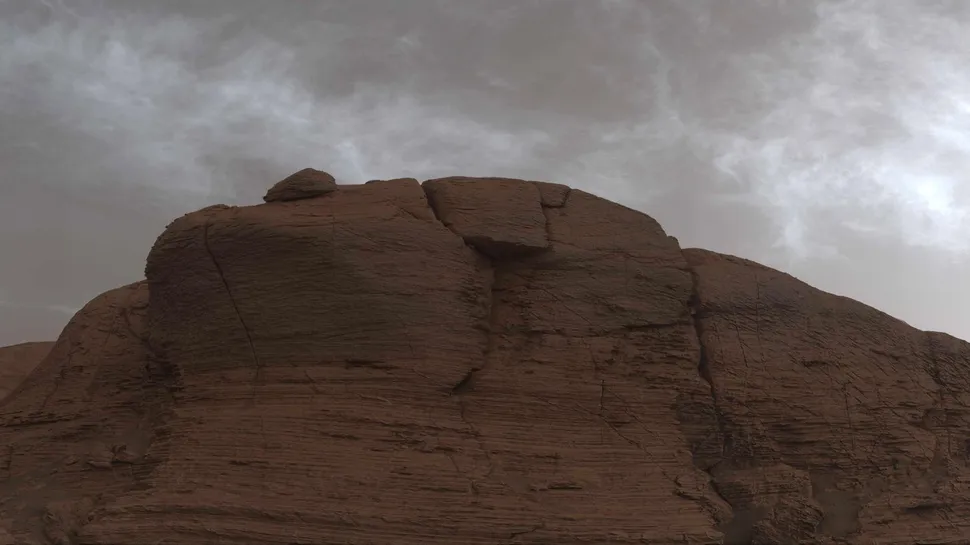
Life as a sentient being is not just about length, but about what one does in the time one has ...
(By the way, I have a wacky idea for 'life extension' that is in my future book, "ZEN of the FUTURE!": Add something to the brain that slows down our PERCEPTION of passing time, like the setting on Youtube which slows down video replay speed to half or 3/4ths time. It would increase our perceived life span by half or 3/4ths ... PLUS make it easier to catch baseballs! I am serious, by the way) ...
I am serious, by the way) ...
However, maybe by that time there will be a perfection of brain transfers or transplants to cloned or silicon bodies. (By the way, here in 'Lost Vegas' this week ... I am seeing A LOT of apparently silcone bodies.  )
)
In any event, the Buddha did not measure life, nor death, nor quite believe in either (PDF) ...
And ... the whole universe is connected and whole ...
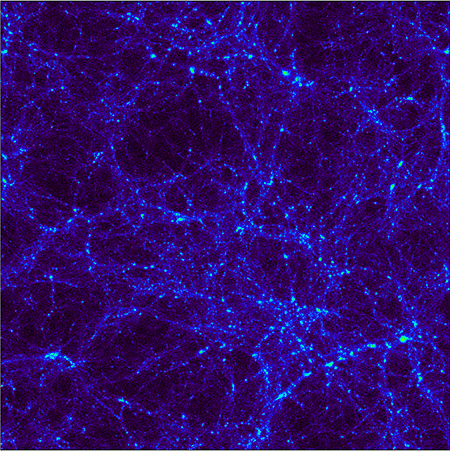
By the way, a neural network in a primate brain ... (just sayin') ...

Gassho, J
STLah

NASA's Curiosity rover spots strange, colorful clouds on Mars
The clouds in Curiosity's new photos are higher in the atmosphere, although NASA didn't specify their altitude. The distinction may reflect a different composition, clouds of frozen carbon dioxide or dry ice, according to the agency, although the scientists aren't yet confident in that explanation. ... The clouds are at their prettiest just after sunset, when the last light makes the ice crystals glow, which is why scientists call them noctilucent, or night-shining.
https://www.livescience.com/curiosit...rs-clouds.html
The clouds in Curiosity's new photos are higher in the atmosphere, although NASA didn't specify their altitude. The distinction may reflect a different composition, clouds of frozen carbon dioxide or dry ice, according to the agency, although the scientists aren't yet confident in that explanation. ... The clouds are at their prettiest just after sunset, when the last light makes the ice crystals glow, which is why scientists call them noctilucent, or night-shining.
https://www.livescience.com/curiosit...rs-clouds.html
(By the way, I have a wacky idea for 'life extension' that is in my future book, "ZEN of the FUTURE!": Add something to the brain that slows down our PERCEPTION of passing time, like the setting on Youtube which slows down video replay speed to half or 3/4ths time. It would increase our perceived life span by half or 3/4ths ... PLUS make it easier to catch baseballs!
 I am serious, by the way) ...
I am serious, by the way) ...
Human life span may have an 'absolute limit' of 150 years
Humans may be able to live for between 120 and 150 years, but no longer than this "absolute limit" on human life span, a new study suggests.
For the study, published online May 25 in the journal Nature Communications, the researchers used mathematical modeling to predict that after 120 to 150 years of age, the human body would totally lose its ability to recover from stresses like illness and injury, resulting in death. If therapies were to be developed to extend the body's resilience, the researchers argue, these may enable humans to live longer, healthier lives.
... Even though the research suggests humans could live to 150, that number doesn't say anything about the quality of life in old age, Campisi said. In recent years, many scientists have come to refer to the number of healthy years in a person's life as their health span.
"That has huge societal implications, much more than maximum life span," Campisi said. Health in old age not only impacts a person's life, but also can have huge costs in terms of time, money, and medical resources, among others.
... "For sure, we're all going to die," she said.
Humans may be able to live for between 120 and 150 years, but no longer than this "absolute limit" on human life span, a new study suggests.
For the study, published online May 25 in the journal Nature Communications, the researchers used mathematical modeling to predict that after 120 to 150 years of age, the human body would totally lose its ability to recover from stresses like illness and injury, resulting in death. If therapies were to be developed to extend the body's resilience, the researchers argue, these may enable humans to live longer, healthier lives.
... Even though the research suggests humans could live to 150, that number doesn't say anything about the quality of life in old age, Campisi said. In recent years, many scientists have come to refer to the number of healthy years in a person's life as their health span.
"That has huge societal implications, much more than maximum life span," Campisi said. Health in old age not only impacts a person's life, but also can have huge costs in terms of time, money, and medical resources, among others.
... "For sure, we're all going to die," she said.
 )
)In any event, the Buddha did not measure life, nor death, nor quite believe in either (PDF) ...
And ... the whole universe is connected and whole ...
Dark matter map reveals new filaments connecting galaxies
A new map of dark matter made using artificial intelligence reveals hidden filaments of the invisible stuff bridging galaxies.
The map focuses on the local universe — the neighborhood surrounding the Milky Way. Despite being close by, the local universe is difficult to map because it's chock full of complex structures made of visible matter, said Donghui Jeong, an astrophysicist at Pennsylvania State University and the lead author of the new research.
"We have to reverse engineer to know where dark matter is by looking at galaxies," Jeong told Live Science.
https://www.livescience.com/map-loca...rk-matter.html
A new map of dark matter made using artificial intelligence reveals hidden filaments of the invisible stuff bridging galaxies.
The map focuses on the local universe — the neighborhood surrounding the Milky Way. Despite being close by, the local universe is difficult to map because it's chock full of complex structures made of visible matter, said Donghui Jeong, an astrophysicist at Pennsylvania State University and the lead author of the new research.
"We have to reverse engineer to know where dark matter is by looking at galaxies," Jeong told Live Science.
https://www.livescience.com/map-loca...rk-matter.html

By the way, a neural network in a primate brain ... (just sayin') ...

Gassho, J
STLah
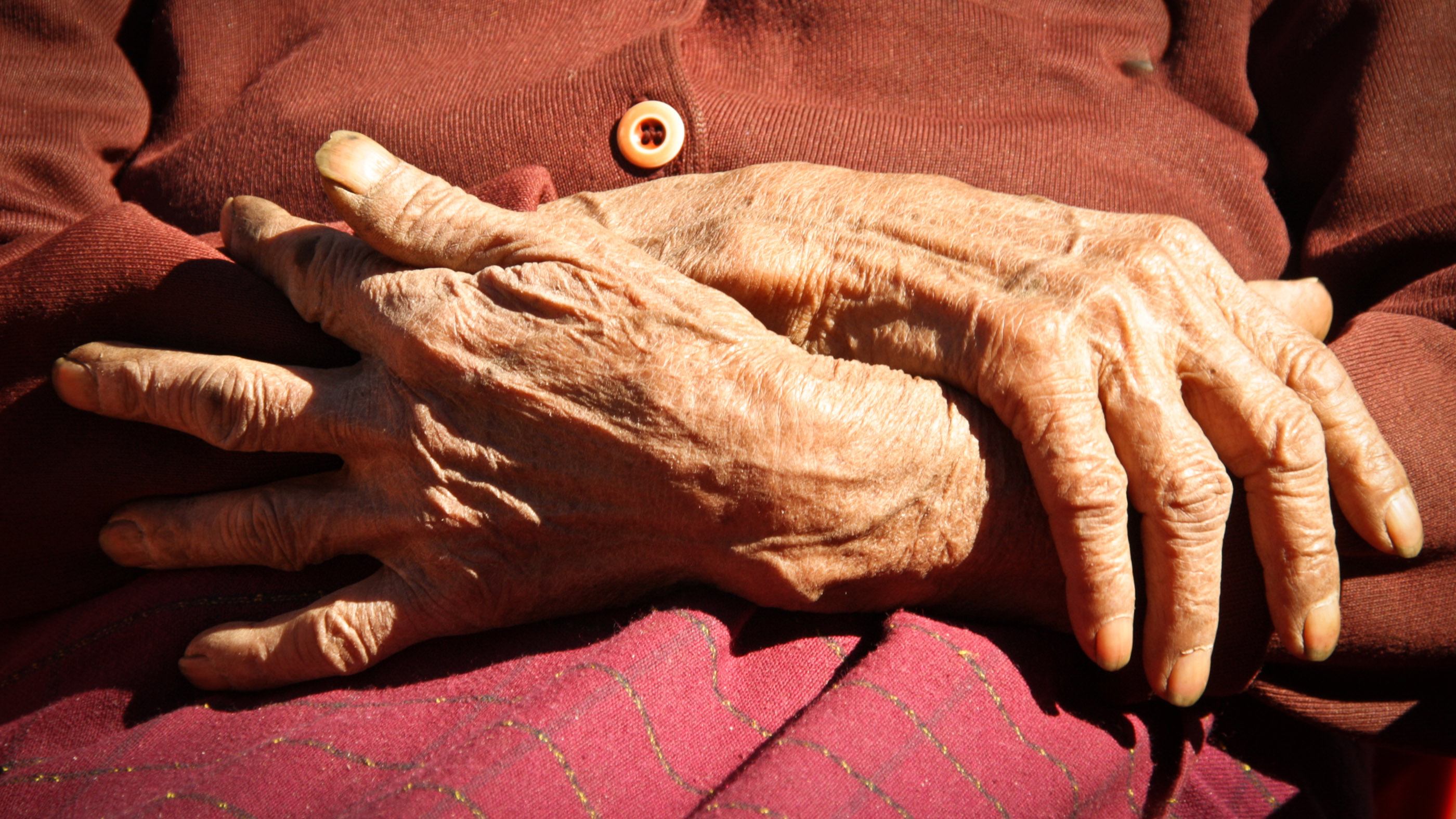




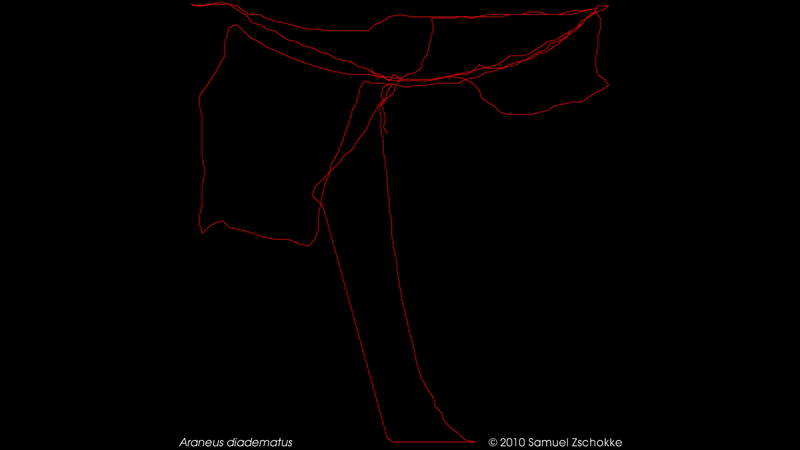
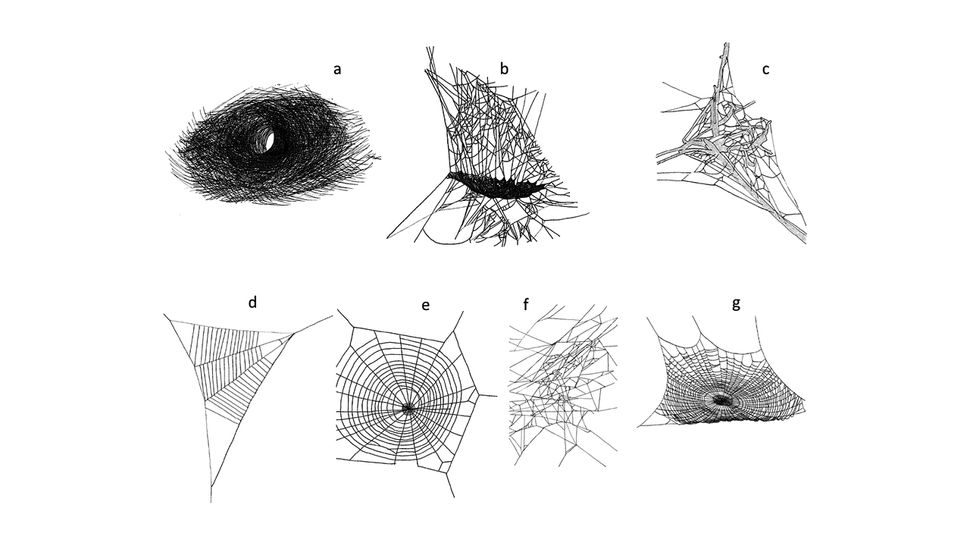
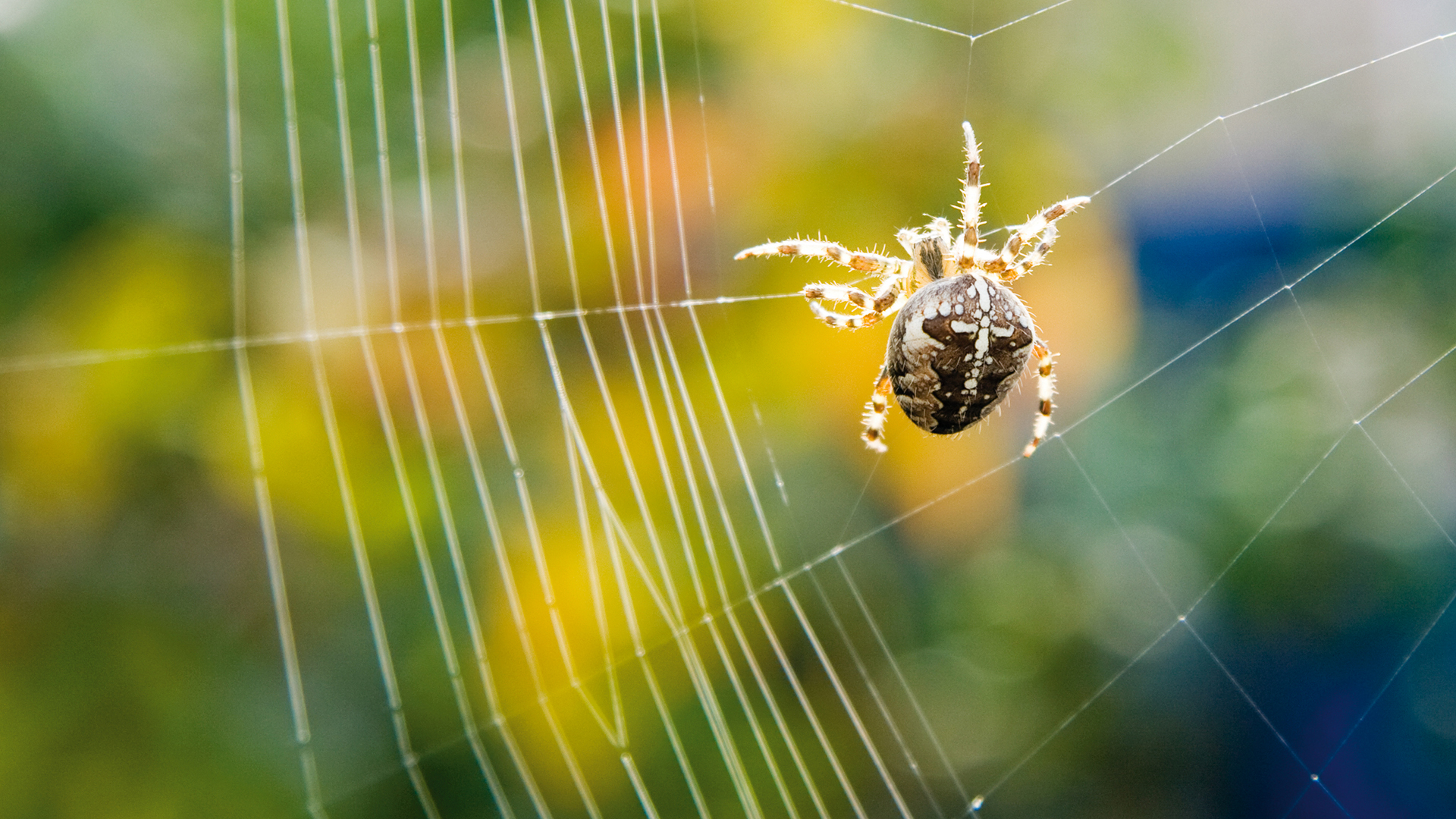

 China's purported hypersonic spy drones from a recent parade ...
China's purported hypersonic spy drones from a recent parade ...


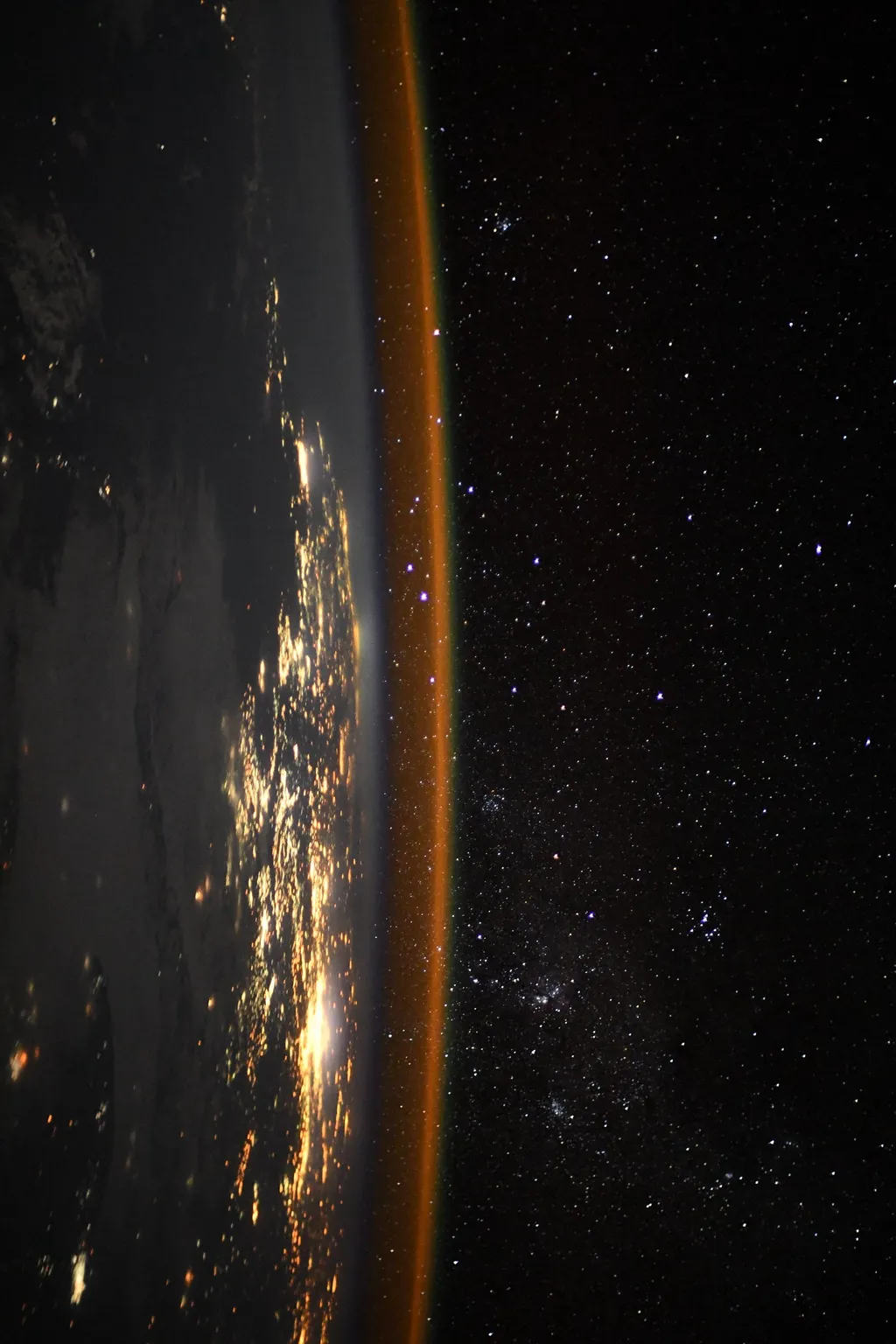
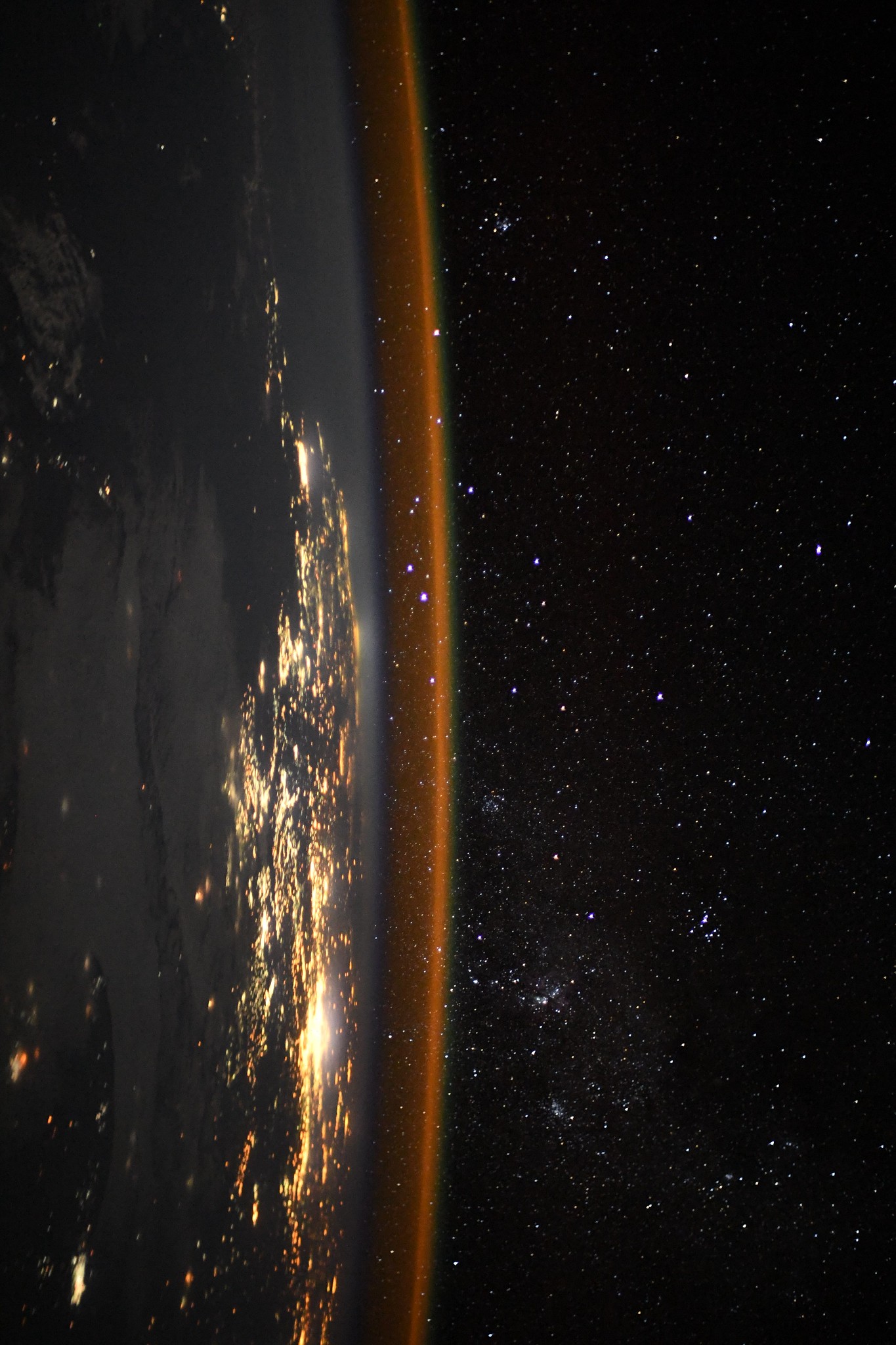

Comment